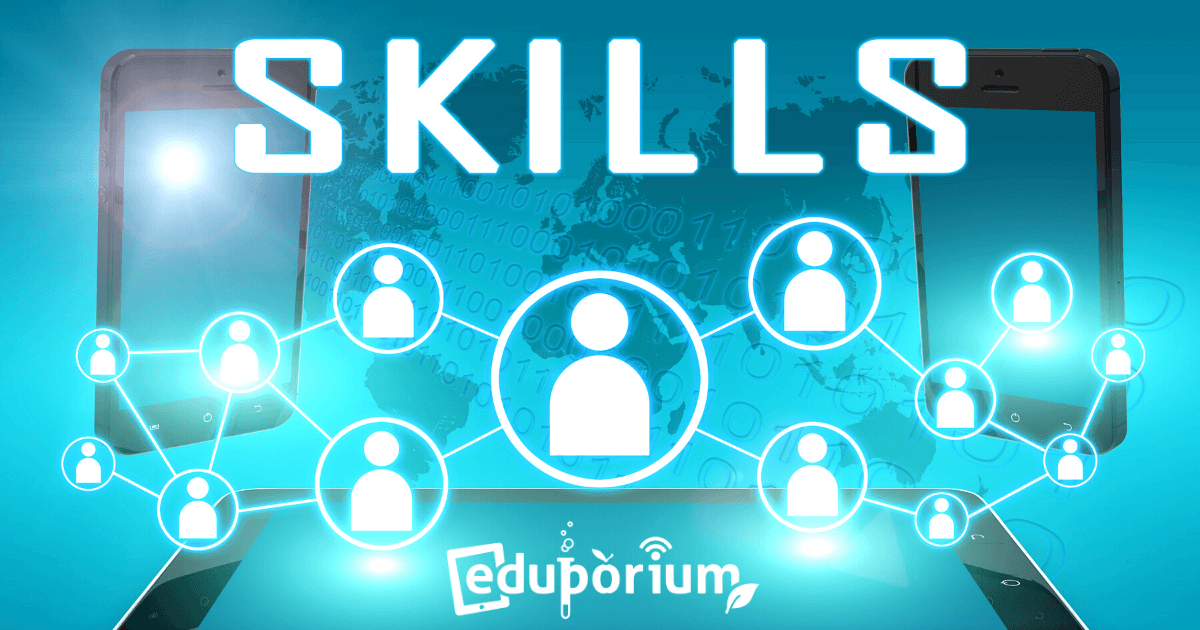As educators, we strive to provide our students with the best foundation for success. But, more importantly, we seek to impart skills that students can tap into throughout their academic and professional careers. The days of rote memorization are long gone. Now, students must learn how to ask the hard questions, solve difficult problems, and be creative, and it’s our duty to nurture these skills from the first day they step into school.
According to the Bureau of Labor Statistics, the number of STEM careers will increase to over 9 million jobs by 2022. This growth is reason enough to give students a head start, but with the number of opportunities and corporate interests in STEM also a factor, the significance of teaching students these skills becomes even more undeniable. Here's a look at how teaching STEM skills early can change a student’s future.
What Are STEM Skills?
When most people think of STEM, they imagine expert coding, a talent for physics, and an affinity for numbers. But, in reality, STEM skills encompass a wide variety of subjects that range from the technical to the abstract. A student with an innate curiosity, a gift for analysis, or a need to create new ideas should pursue an education in STEM since these programs help refine a variety of both soft and hard skills. Some notable STEM skills include:
Problem-Solving: being able to troubleshoot issues, create conclusions based on evidence, and provide recommendations in order to fix a problem.
Programming: understanding and writing code to create a computer program.
Research: forming hypotheses and gathering data or sources to create new conclusions.
Mathematics: the ability to determine quantities, calculations, and measurements.
Paving The Way To Collegiate Success
An early STEM education gives students the skills to better prepare and tackle their college courses. Oftentimes, students entering college fail to realize how challenging a STEM program can be. Giving students a head start by presenting it to them throughout their K-12 education allows them to take college courses in stride since they already have a strong understanding of the foundational concepts and techniques. This advantage enables students to maintain a strong GPA while taking on research opportunities, internships, and other real-world experiences. By doing so, they can make important connections with professionals or take part in groundbreaking research.
Remarkable Career Opportunities
Through early STEM education and skills-training, students have more time to sharpen their talents. By the time they enter their professional careers, they’ll have gained the technical and interpersonal skills needed to succeed in STEM. Because of this, students have access to a world of career opportunities. Whether they want to work remotely and travel the world, use their nanotechnology degree to develop new medicines, or create a startup in Silicon Valley, STEM skills provide students with the chance to explore countless professions.
Teaching our younger students about STEM is no easy feat, but it’s a catalyst for our students’ future success. These skills open the doors to emerging careers and parents and educators need to work together to empower students to pursue these fields. Our classrooms are where the next innovators, thinkers, inventors, and doers are born, and every teacher has the opportunity to help these students find their calling.
Eduporium can help schools, students, and teachers accomplish just that. It is a student-serving hub of educational innovation with experts who search the world for the latest STEM solutions for helping kids build skills for the real world. They also have a number of school-friendly programs, including an Educator Discount to help teachers acquire tech for less, and starter activities so teachers know exactly what to do for their first in-class experience using technology. For help creating a 21st century learning environment that prepares kids for the future, contact Eduporium for all STEM and computing needs. Visit our store, call 1 (877) 252-0001, or email sales@eduporium.com.
Author:
Scott Rhodes
Vice Provost of Enrollment
With an 18-year background in higher education, Scott Rhodes leads enrollment and recruitment strategies for Florida Polytechnic University. His responsibilities encompass undergraduate admissions, graduate enrollment and enrollment marketing, financial aid, student records and registration, and enrollment market research.



